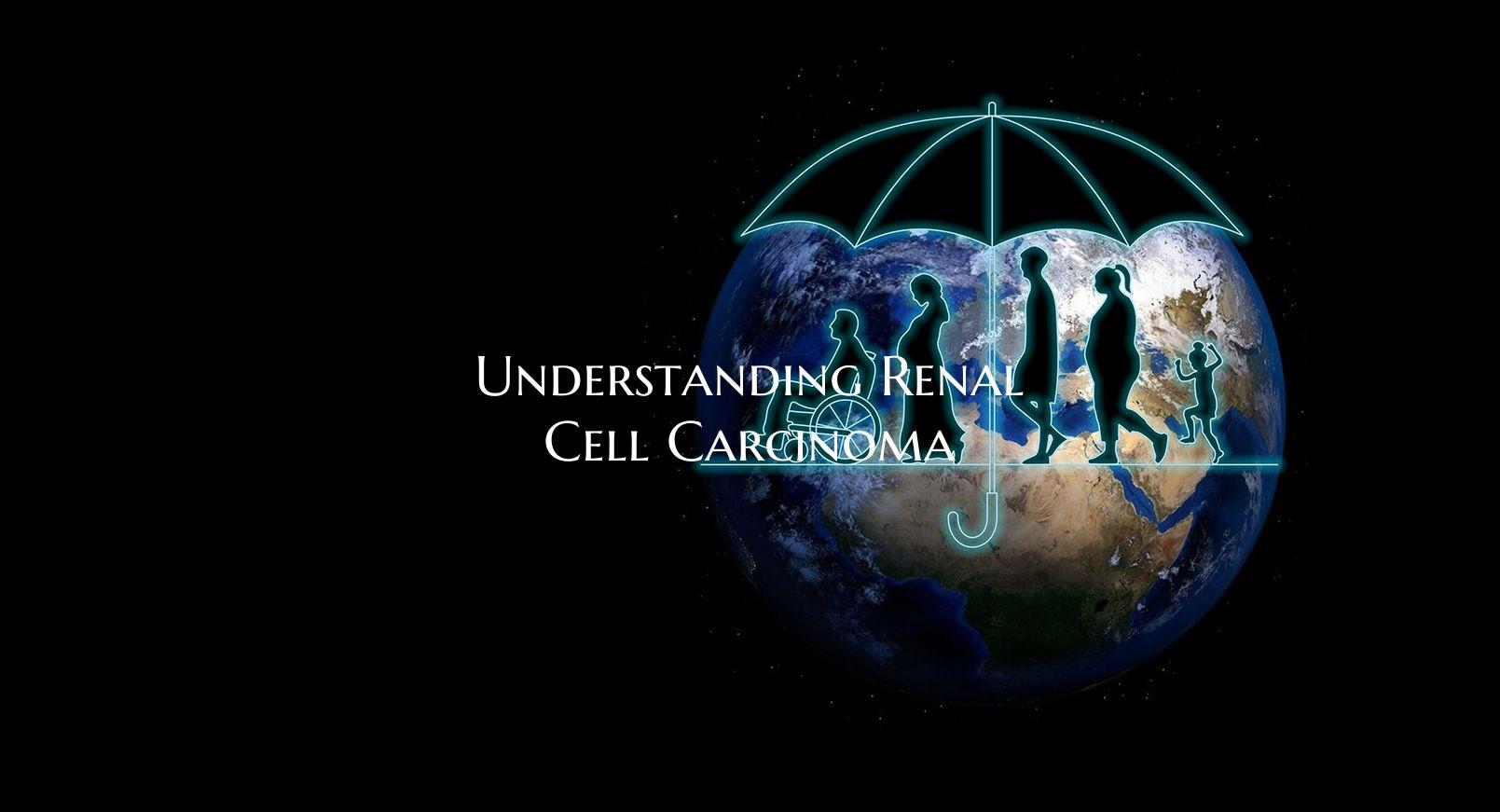
Understanding Renal Cell Carcinoma
Renal cell carcinoma (RCC) is a type of kidney cancer that begins in the lining of the tubules in the kidney. It is the most common type of kidney cancer in adults, accounting for about 90% of cases. Understanding renal cell carcinoma is essential for diagnosis, treatment, and prognosis.
Symptoms of renal cell carcinoma may include blood in the urine, flank pain, a mass or lump in the abdomen, weight loss, fatigue, and fever. However, early-stage RCC may not present with any symptoms, making regular check-ups and screenings important for early detection.
Diagnosis of renal cell carcinoma often involves imaging tests such as ultrasound, CT scan, or MRI, as well as a biopsy to confirm the presence of cancer cells. Once diagnosed, various treatment options are available, including surgery, targeted therapy, immunotherapy, radiation therapy, and sometimes chemotherapy.
Prognosis for renal cell carcinoma depends on several factors, including the stage of the cancer, the patient's overall health, and the specific characteristics of the tumor. Early-stage RCC confined to the kidney has a more favorable prognosis compared to advanced-stage RCC that has spread to other organs.
Research and advancements in the understanding of renal cell carcinoma have led to new treatment options and improved outcomes for patients. Clinical trials are ongoing to explore novel therapies and personalized treatment approaches that target specific genetic mutations associated with RCC.
In conclusion, understanding renal cell carcinoma involves recognizing its symptoms, pursuing timely diagnosis and treatment, and staying informed about the latest developments in research and treatment options. With early detection and comprehensive care, individuals with RCC can achieve better outcomes and quality of life.